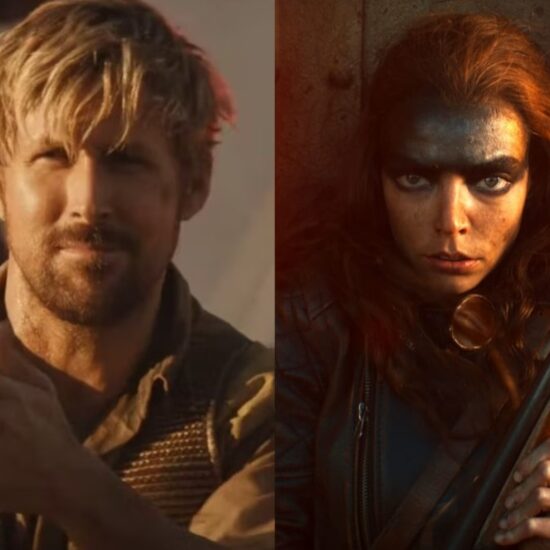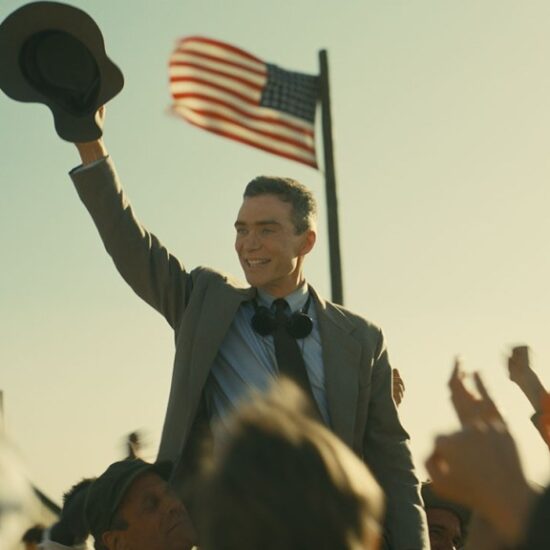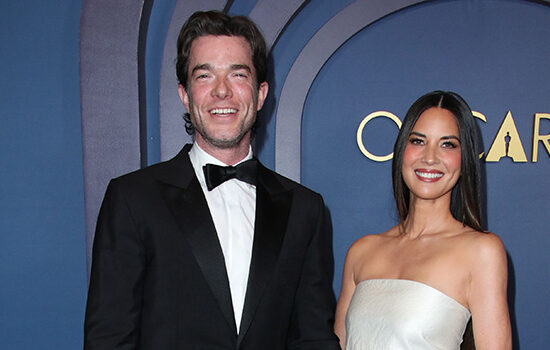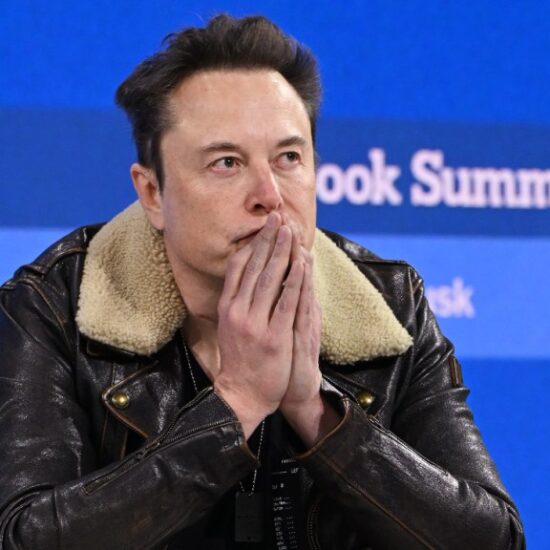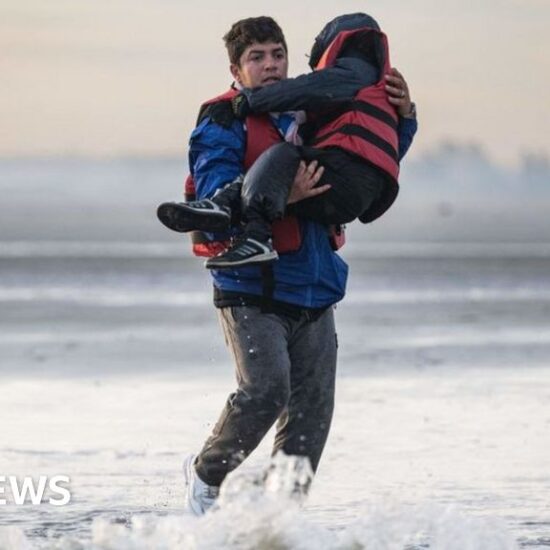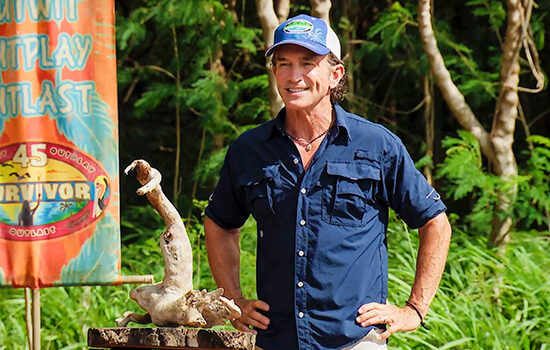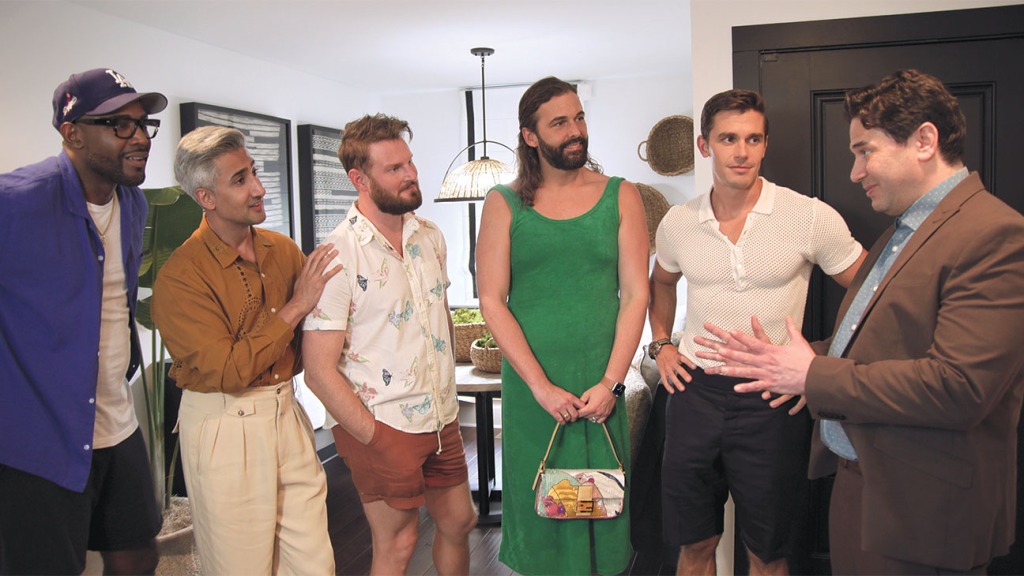
Not long after Bravo canceled Queer Eye for the Straight Guy in 2007, the show’s creators thought their showbiz careers were over. Despite masterminding one of the 21st century’s seminal reality TV hits, David Collins, Rob Eric and Michael Williams — the team behind Scout Productions, founded in 1994 as a scrappy indie film outfit based out of Boston — were struggling to find another hit now that they’d been rebranded as unscripted lifestyle guys. “In 2004, we won an Oscar for The Fog of War and an Emmy for Queer Eye,” Collins says. “Two years after that, we could not get arrested. There was a moment where I was like, ‘All right, am I going to become a barista?’ ”
Today, Scout is one of the most prolific nonfiction development companies in Hollywood — all thanks to a call Collins received in 2016 from WME agent Nir Caspi looking to shop titles that would satisfy Netflix’s burgeoning foray into reality programming. Scout had wanted to reboot Queer Eye, but traditional networks couldn’t overlook the series’ Bravo ties. When the new, gentler, less coastal Queer Eye premiered on the streaming service in February 2018, it was an immediate smash, resuscitating Scout’s pedigree and helping to make Netflix the reality hub it has become.
In the half-decade since, Scout has produced and sold a ghost-hunting show executive produced by Kristen Stewart (slated to debut on Hulu this fall); the Max streetwear competition show The Hype; Netflix’s MerPeople; Peacock’s Amy Poehler-produced The Gentle Art of Swedish Death Cleaning; Roku’s forthcoming Charlie Puth series; a Barney documentary; the canceled-too-soon ballroom pageant Legendary; what Eric calls an “unbelievably fabulous” competition involving Janelle Monáe; and a four-part exposé about the celebrity-friendly megachurch Hillsong that recently aired on FX.
For Collins, that last one is personal. He’d been a Hillsong member for a year and a half when a Sunday school teacher refused to acknowledge that the twin daughters he shares with Williams have two dads. Collins left the church immediately, and Scout soon partnered with Vanity Fair on what became The Secrets of Hillsong. Collins convinced disgraced pastor Carl Lentz — who famously befriended Justin Bieber and was a face of the organization until Lentz’s children’s nanny accused him of recurring sexual abuse — to participate in the documentary. It’s the first time he’s spoken publicly about his downfall. Without the restored success of Queer Eye, that might never have happened.
From left: The Hype judges Beth “Bephie” Birkett, Offset, B.GoldNYC designer Winston Bartholomew Holder III and Marni Senofonte.
COURTESY OF MAX
Figuring out what Queer Eye should look like in a world at once culturally enlightened and politically rancorous was key. When the original version bowed 20 years ago, gay visibility marked a new frontier, buoyed by Will & Grace, Ellen DeGeneres and the term “metrosexual,” which granted straight men permission to care about their appearance. The Fab Five — Ted Allen, Kyan Douglas, Thom Filicia, Carson Kressley and Jai Rodriguez — were portrayed as superheroes, swooping in with quips and commodities to transform the lives of hapless slobs. By 2018, the show required a softer ethos. It needed to reflect utmost civility in an increasingly uncivil America.
“When we partnered with Scout to bring Queer Eye back to life, we were a little nervous,” says David George, CEO of ITV America, which signed an overall deal with Scout before the revival premiered. “It’s such a legendary show, and we did not want to be the ones that messed up the legacy of the franchise. Since day one, it’s been an incredible ride with David, Michael and Rob, and they have been fantastic collaborators.”

The original Queer Eye for the Straight Guy team during the fifth season on Bravo, in 2007. Ted Allen, Thom Filicia and Jai Rodriguez.
Bravo / Virginia Sherwood / Courtesy Everett Collection
By design, the fresh Fab Five — Bobby Berk, Karamo Brown, Tan France, Antoni Porowski and Jonathan Van Ness — present themselves as sweeter and more vulnerable. Queer Eye‘s subjects are more varied, too, like a transgender man recovering from top surgery in season two and a former prisoner who works with the recently incarcerated in the seventh season, which came out in May.

The original Queer Eye for the Straight Guy team during the fifth season on Bravo, in 2007. Left: Subject Larry Roth Sr. is flanked by Kyan Douglas and Carson Kressley.
Bravo / Virginia Sherwood / Courtesy Everett Collection
Berk recalls shooting the pilot episode, which starred a 57-year-old divorcé with lupus. “As we were building him up, you could see the walls coming down around him,” Berk says of forgoing wisecracks in favor of being supportive. “The original format was absolutely, 1,000 percent perfect for the time, but this is how our show evolves.”
Though Scout hasn’t produced a theatrical film since 2008, Williams and Collins reference their early indie work as mainstays in everything they do. They first met on Little Man Tate (1991), and watching director Jodie Foster in action taught Williams and Collins that sets could be harmonious, hierarchy-free havens. “It was all women and gay men in her world, and she created such a safe, loving, fun, passionate family,” Collins says.
Along the way, their lawyer, John Sloss, introduced Williams and Collins to revered documentarian Errol Morris, which led to Scout making Morris’ 1999 film Mr. Death: The Rise and Fall of Fred A. Leuchter, Jr. and his IFC interview series First Person. IFC and Bravo shared a parent company at the time, and when Bravo was looking to reach younger audiences, Scout pitched a premise to the only TV producers they knew. After Williams and Collins witnessed a flock of gay men offering advice to a man who’d been publicly excoriated for his attire by his wife, an idea was born. And it was an overnight sensation: The Queer Eye for the Straight Guy premiere became the most watched show in Bravo history.

From left: Scout Productions owners David Collins, Michael
Williams and Rob Eric have nine projects running or in the works
Emma McIntyre/Getty Images
Subsequent seasons’ ratings steadily dipped. Other shows Scout sold — ABC Family’s Knock First, Sundance Channel’s Big Ideas for a Small Planet and Logo’s Sordid Lives: The Series, to name a few forgettable examples — largely fizzled, too, which makes their comeback story all the more impressive.
When the Queer Eye revival launched, marriage equality had been legalized and pop culture was queerer than ever, but daily news cycles were mired in the hateful rhetoric that Donald Trump’s presidency inspired. Queer Eye, focused on stories about coming together despite differences, felt like an antidote. And with the ongoing spike in anti-trans legislation targeting health care and other rights, its messages of harmony are especially resonant.
“My plea for fans, especially our straight allies, is to take that parasocial connection that you feel when you watch us on TV into your own life,” Van Ness says. “It’s incumbent upon all of us to have these conversations. Do it with your friends, your family, your auntie and uncle that you’ve cut off like a dead foot because you see them on Facebook saying X, Y or Z.”
Seven seasons later, Queer Eye is the longest-running reality show on Netflix, and among the longest-running of all its series. While a renewal hasn’t been announced, with the Fab Five producing their own programs and products, one can’t help but wonder about the franchise’s future. “We passed the torch from the original guys to the new guys,” Collins says. “Who knows, maybe they’ll pass the torch in the future. Anything’s possible.”

Max’s ballroom culture series Legendary lasted three seasons. 5 From left: Janelle Monáe is working with Scout on a competition show; Barney is the subject of a Scout documentary; Amy Poehler narrates The Gentle Art of Swedish Death Cleaning on Peacock.
Courtesy of MAX
This story first appeared in the June 14 issue of The Hollywood Reporter magazine. Click here to subscribe.









